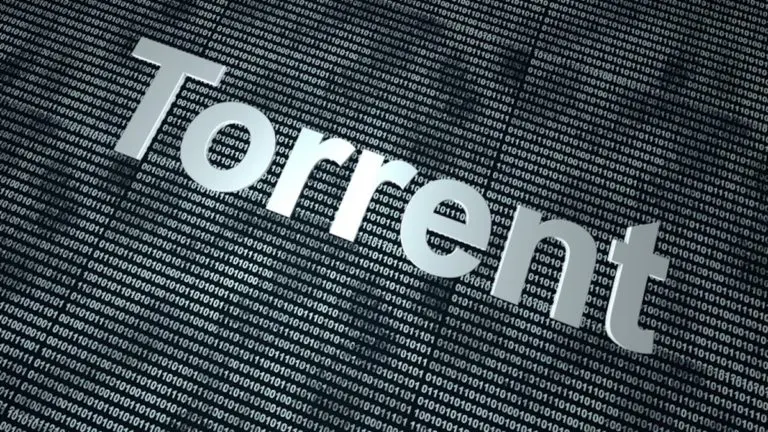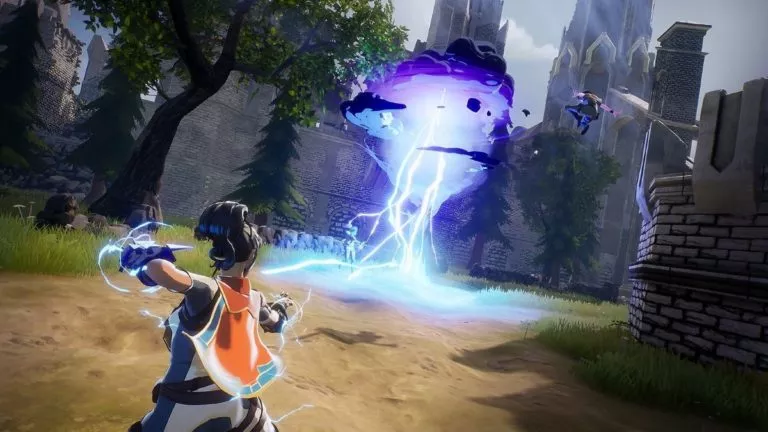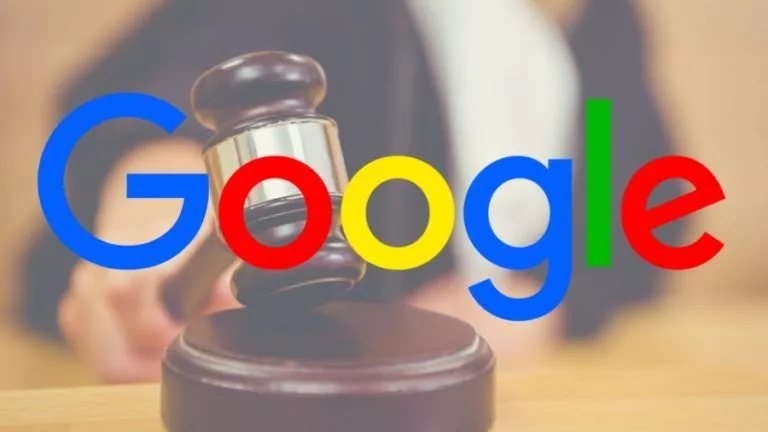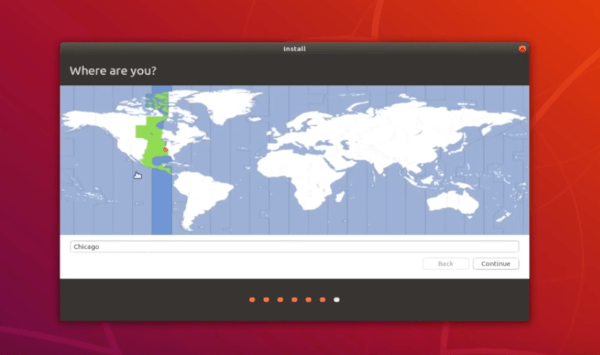Study Proves Taking A Break From Social Media Makes You Happier
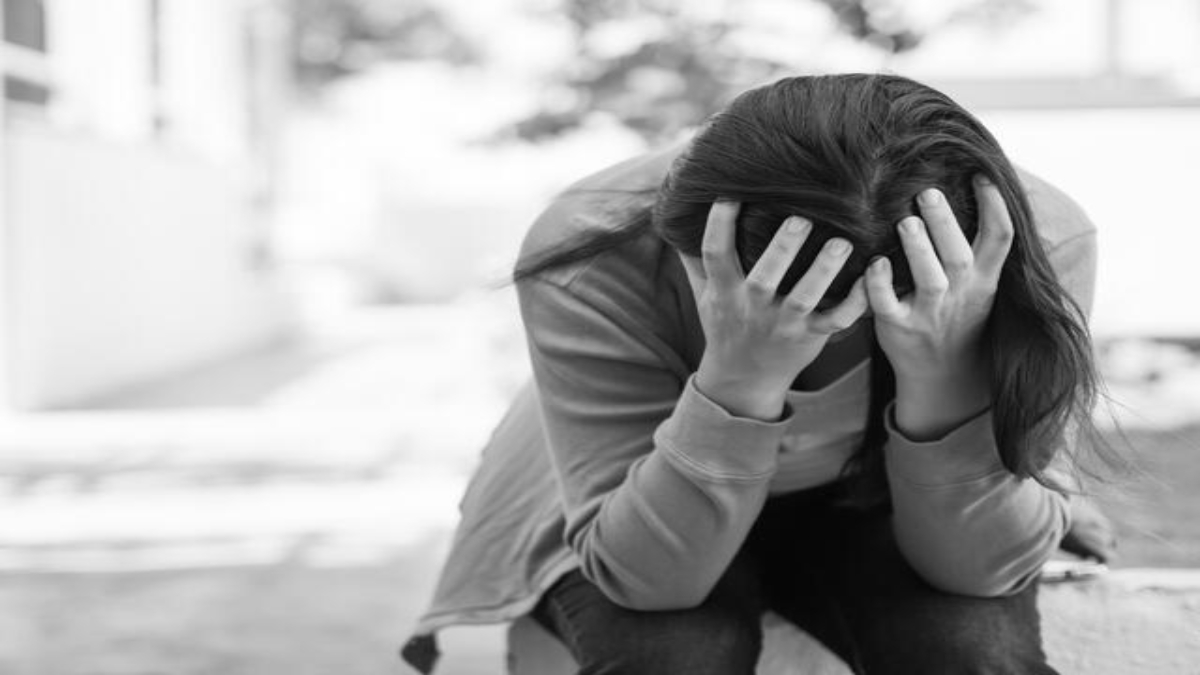
Social media addiction is a thing in today’s day and age and can be difficult to get rid of. Research shows asking people to leave social media for a week can drastically improve their well-being and anxiety. It is the main way to help people manage their mental health, says the author of a new study.
The University of Bath conducted the study with a team of researchers. Published last week in the journal ‘Cyberpsychology, Behavior, and Social Networking.’ The researchers studied the mental health effects of a week-long social media break on people. The participants were asked to free up around nine hours from their week, which would otherwise have been used in scrolling social media.
Research on a social media detox
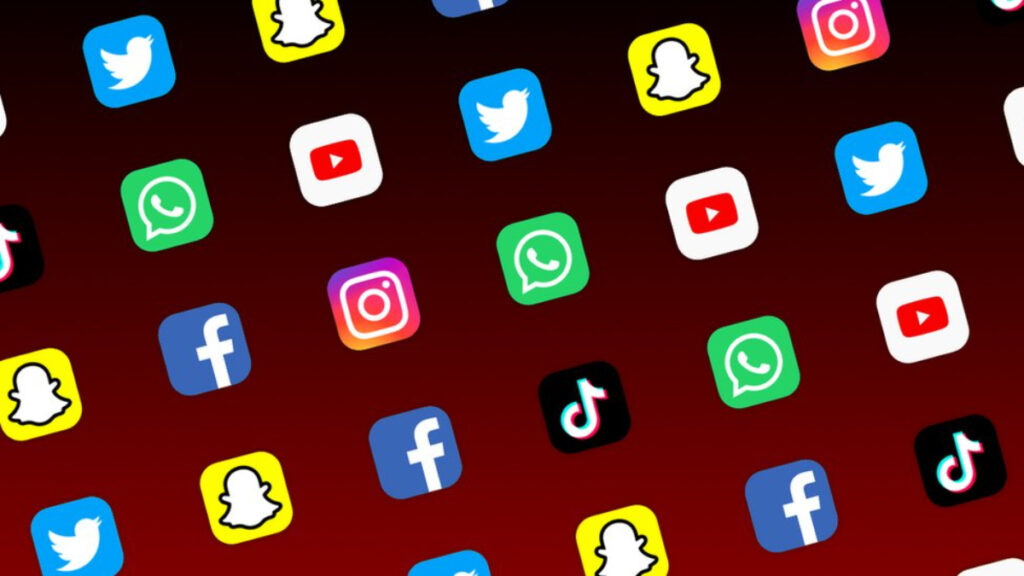
Previous research on social media and mental health, such as the one from The New York, has a problem. This often depends on analyzing large existing data sets and does not focus on a certain demographic. This makes finding strong social-psychological signals in these vast collections of measurements tricky.
However, according to Cal Newport, this new paper avoids many of these issues by deploying a gold standard for studying human impacts: the randomized control trial. The researchers randomly allocated 154 volunteers aged 18 to 72 who used social media every day into two groups.
The first one was an intervention group in which they were asked to stop using all social media for one week. Or either in a control group, they could continue scrolling Instagram,tik-to as usual.
What did the research show?
The researchers took baseline scores for anxiety, depression, and well-being at the beginning of the study. After a week, the participants asked to take a one-week break had significant improvements in wellbeing, depression, and anxiety.
When compared to the controlled group, the intervention group did much better on all three metrics. Further, it was found that reducing overall scrolling time could help them obtain smaller but still significant improvements in depression and anxiety.
The biggest effect, however, came from full abstention. Many participants reported positive effects from being cut off from social media with improved mood and less anxiety overall. This suggests that even just a small break can have an impact.
The message here seems to be clear. Digital Socialization hurts mental health, and people should take a break now and then. Being there for family and friends should be of topmost priority, not looking at the world of facades via a six-inch window.
How much time do you spend on social media? Do tell us your thoughts on how it affects mental health.

